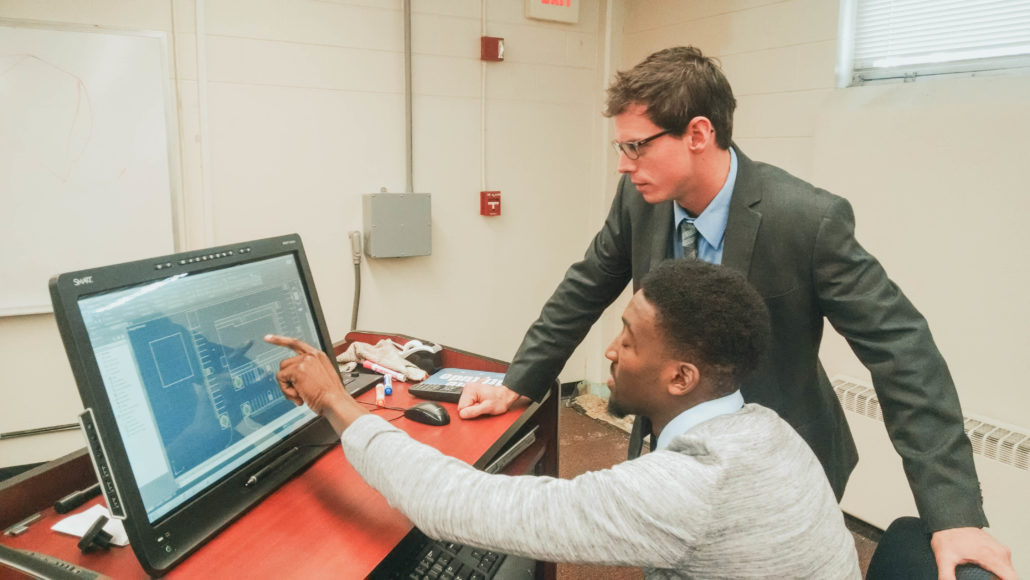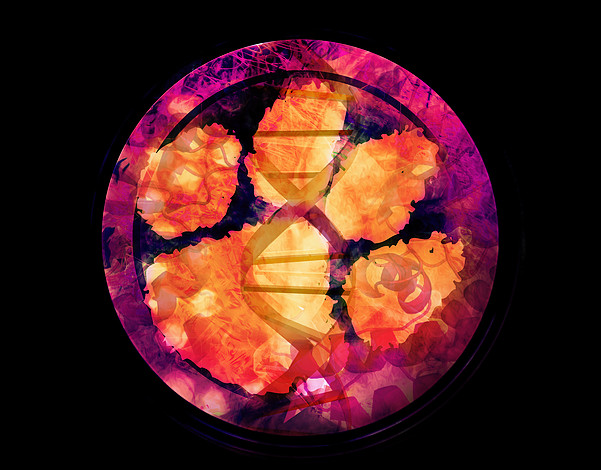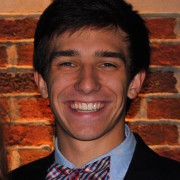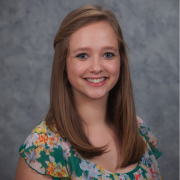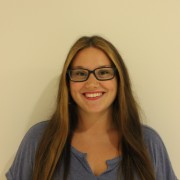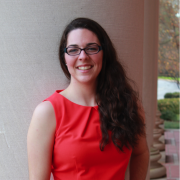
Share This Article!
Related Articles
Fighting Disease, One Experiment at a Time
By: James Kidd
When someone mentions the words “virus” or “parasite,” the obvious negative connotations like mass disease epidemics and zombie apocalypses immediately come to mind. Thanks to popular media such as The Walking Dead, as well as recent illness scares involving Ebola and Zika, America certainly has diseases on the mind. Today, though, there are thankfully many geneticists and other scientists working nonstop to make sure as many people as possible are inoculated before it is too late.
Soon enough, one of those scientists might even be from Clemson University. Meredith Morris, an Assistant Professor in Genetics and Biochemistry, and her students are working hard to eliminate African Trypanosomiasis, one of Africa’s longest surviving parasites, through a service-learning course. Students in the spring 2016 CU INVEStors Creative Inquiry course were able to put knowledge learned in the classroom into real-life experience while working with teenagers at Richland Northeast High School in Columbia, S.C.
These experiments not only provided the high school students with a fun and visual way to learn about genetics, but they also assisted her research.
Morris and her Clemson students visited Richland Northeast High School twice a month to urge students to consider science-related careers for their future. To spark student interest in using science as a way to make the world a safer place, Morris’s class worked directly with high school students who chose to participate in various molecular lab experiments. While the thought of performing lab experiments may seem mundane at first, these tests are far from basic busy work and are in fact tied directly to Morris’s research on African trypanosomiasis.
“In one experiment, we took a parasite protein much like the one that causes African Trypanosomiasis, and fused it to green fluorescent protein,” Morris said. “When we do that, different organelles in the parasite will glow with different colors.” Morris explained that these experiments not only provided the high school students with a fun and visual way to learn about genetics, but they also assisted her research.
Morris began researching the African trypanosomiasis illness a few years prior to beginning her sessions at Richland Northeast High School. More commonly known as the “sleeping sickness,” the African trypanosomiasis is a parasitic disease that is commonly distributed by tsetse flies in sub-Saharan Africa. The first signs of infection often start out small, with joint pains, fevers and headaches beginning up to a month after the subject becomes infected by the fly. After that, both the disease and symptoms increase in scale, leading to a disorganized and fragmented sleep schedule, as well as a high chance for paralysis and mental deterioration.
“Since this parasite infects the human body so quickly,” Morris said, “my research involves basic cell biology and processes that the parasite uses to infect its host and evade the immune system so well.”
3796
cases recorded in 2014
36
sub-Saharan countries affected
80%
of cases from Democratic Republic of the Congo
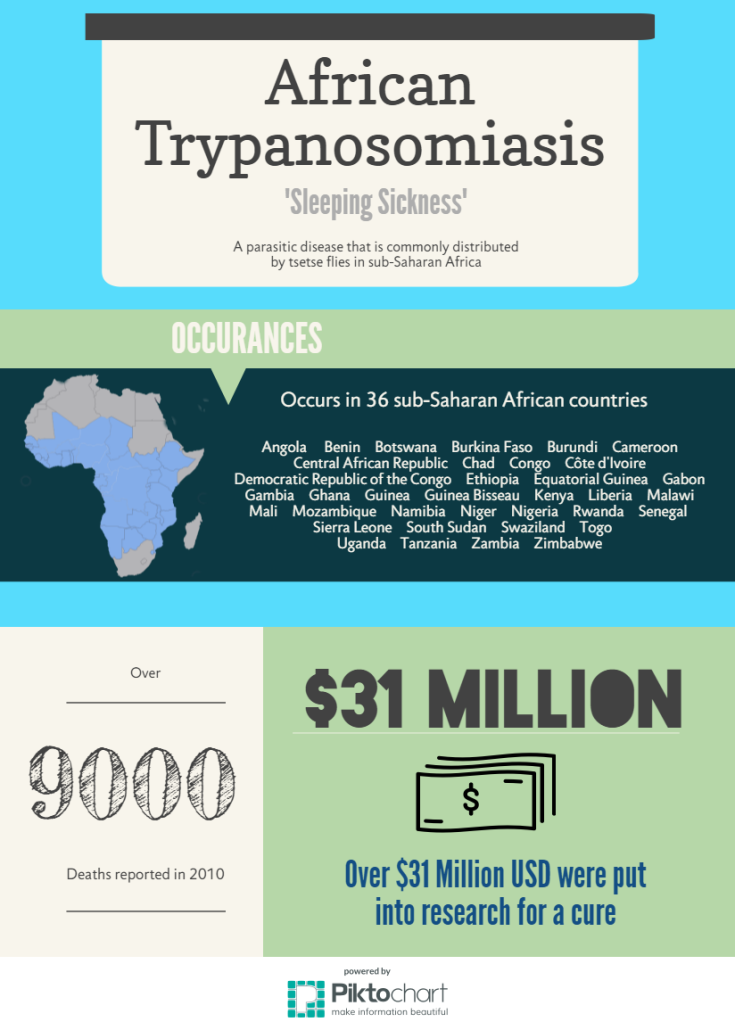
While facing such important research, it is surprising that Morris was still able to make time to travel to a high school in Columbia every month with her students. “The thing is that many of the teenagers we work with at Richland Northeast High School do not plan on going to college, and the idea of a four-year degree in the sciences is a far out dream,” Morris said. “In fact, most of them will be first-generation college students.” With this program, Morris hopes she can make science, as well as a college education, seem interesting and achievable for all students.
The Clemson University students also saw immense benefits from participating in this service-learning course. The students in Morris’s class were actually re-teaching the information they had learned in intro science classes to the students at Richland Northeast High. Morris said that teaching the material to others allowed her students to more fully understand the subject matter while also performing a service to students at Richland Northeast High. The smaller age gap between the undergraduate students and high school students also enhanced relatability and relationship-building as well—something Morris feels she couldn’t have achieved alone.
So far, Morris thinks the program has been quite a success. “I really love the way that the program fosters a longer term relationship with the students rather than taking a single trip there every semester to talk about various experiments that we do,” she said. “Not only does it introduce them to science and more of the sophisticated techniques that we normally use on a collegiate level, but it provides a great opportunity to help my own research as well.”
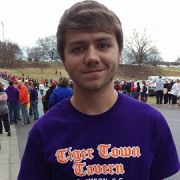
Written By: James Kidd
James Kidd is a senior English major with a minor in Film from Charleston, SC. He comes from die hard Clemson parents and currently contributes to multiple blogs as well as manages the TimeOut section from The Tiger.

